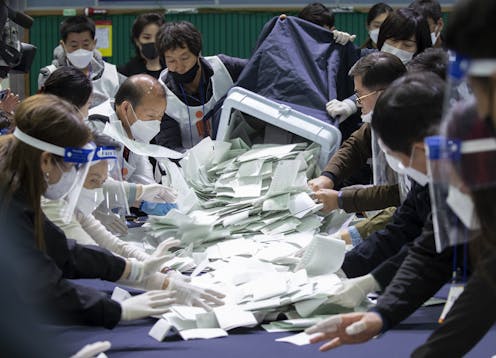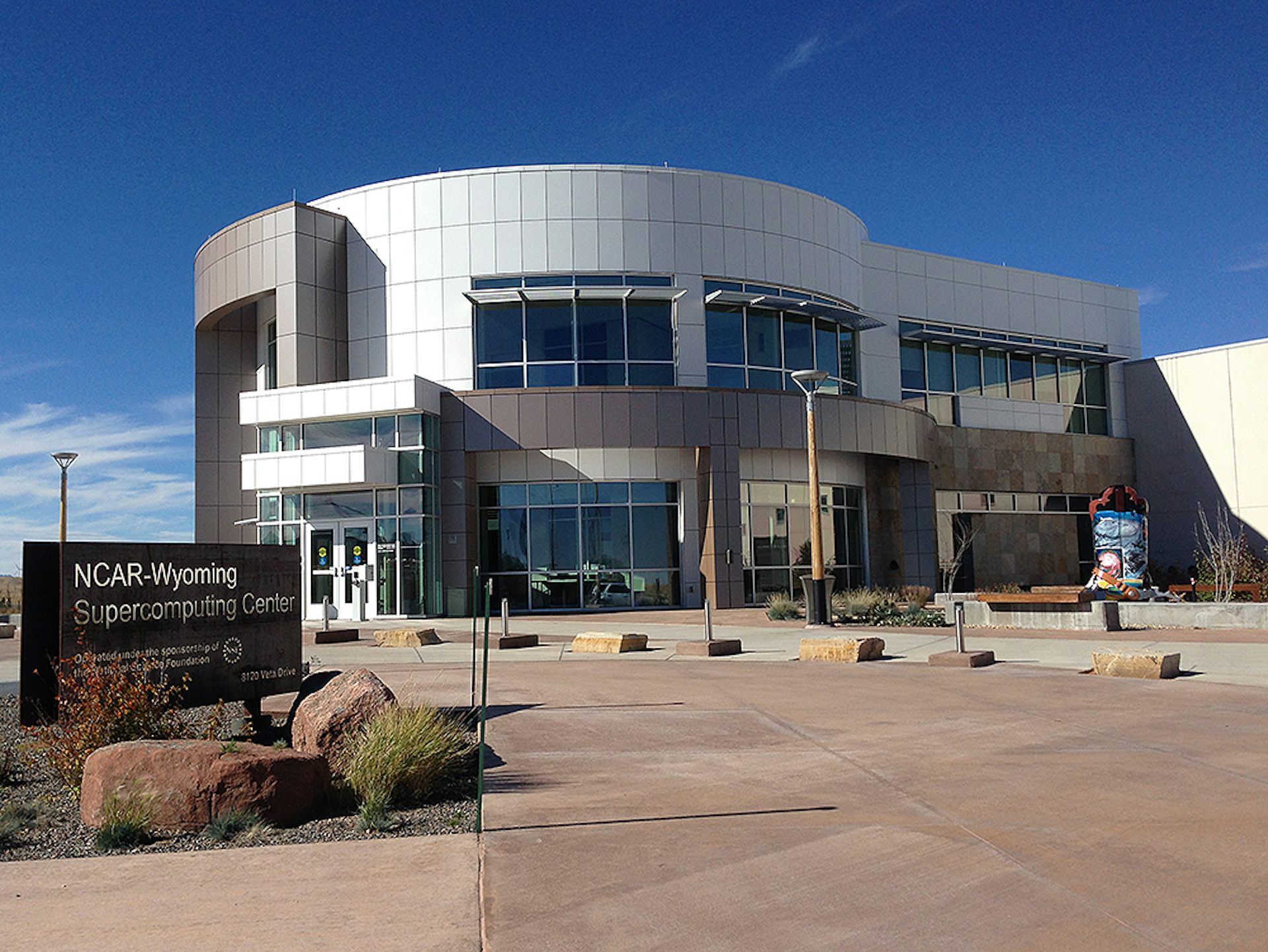Flawed research into election fraud can undermine democracy and intensify polarization
An academic’s claims of irregularities at the ballot box created a media buzz in South Korea. The reality, however, suggested data was misinterpreted.

Bad electoral science can cause lasting harm to democracy, undermining public confidence in the voting process.
That’s the main finding from our study published in the peer-reviewed journal Public Opinion Quarterly in July 2024, looking at the impact of academic claims of electoral fraud in the 2020 South Korean general election.
The ruling Democratic Party won that vote by a larger margin than expected, leading supporters of the opposition United Future Party to allege the rigging of early voting results.
But what started as a typical post-election dispute took a turn when one U.S.-based election fraud researcher analyzed the data and concluded that close to 10% of votes for the Democratic Party were fraudulent. That finding spread quickly across South Korean media, appearing in more than 300 news stories; meanwhile, the scholar conducted prime-time TV interviews about the alleged fraud.
What wasn’t immediately clear to the public – although South Korean political scientists and statisticians later explained – was that the analysis was based on a misunderstanding of the election data and the South Korean voting system.
Although the electoral science research was flawed, the damage was done: The erroneous claims of fraud severely eroded public confidence in the electoral process in South Korea. As a direct consequence, the National Election Commission was compelled to revert to costly hand counting of votes in the subsequent general election in order to avoid any accusations of vote rigging.
And our study shows that the impact is larger than one might expect.
In an experiment, we randomly varied information given to 1,750 South Korean voting-eligible adults a few months after the 2020 election. A control group was given no information about foreign academic research into electoral fraud, while others were given academic research suggesting either a high chance or a slim chance of fraud.
Those handed research alleging a high chance of fraud were 12 percentage points more likely to believe that fraud actually occurred compared with those not exposed to such research. This equates to a jump of 52% in the likelihood that someone would believe that fraud occurred.
Respondents shown academic research alleging a high risk of fraud were also 65% more likely to click a link demanding an election fraud investigation, we found.
These effects were concentrated among supporters of the losing party in the 2020 election.
Why it matters
As political polarization deepens across advanced democracies, disputes over election fraud allegations have become commonplace.
And analysis by academic researchers and other experts into alleged fraud can have substantial influence, as the controversy surrounding American economist John Lott’s fraud claims relating to the 2020 U.S. presidential election has shown.
Our study underscores how academic research can significantly shape public perceptions of election integrity. The findings highlight how voters’ responses align with preexisting beliefs – losing party supporters found fraud claims more credible, while winning party supporters showed little change.
Crucially, our findings also reveal how publicizing flawed academic research on election fraud can exacerbate political polarization and undermine democracy itself.
Bad research can lead to widespread mistrust in electoral processes, eroding foundational belief in democratic institutions and deepening political divisions.
What still isn’t known
Our research looked only at South Korea. As one of the most stable democracies in Asia, the country shares similarities with other advanced democracies. But some of our findings may not be applicable to other countries’ elections.
Specifically, where elections have been fairly administered but polarization is high, false information alleging fraud is more likely to widen the gap in perception between supporters and opponents of the winning party. Conversely, in countries plagued by actual election fraud, such information could mobilize opposition against the offending parties, increasing election monitoring and fostering democracy.
And while media played a critical amplifying role in spreading the flawed analysis to the South Korean public, our study did not look at the extent to which traditional media versus social media contributed. We suspect flawed research can spread more easily via social media, where it faces fewer gatekeepers and can be shared by partisans indiscriminately.
What’s next
Our findings reveal the danger posed when flawed research influences public opinion.
Moving forward, we aim to investigate strategies to combat the impact of such misleading findings on public opinion. Scientists have long balanced maintaining objectivity and rigor with communicating findings that can shape minds.
As polarized politics increasingly demands experts weigh in based on scientific evidence, the academic community must determine how to better inform the public while preventing flawed research from undermining trust in democratic foundations. Upholding rigorous standards while clearly communicating truth will be key.
The Research Brief is a short take on interesting academic work.
The authors do not work for, consult, own shares in or receive funding from any company or organization that would benefit from this article, and have disclosed no relevant affiliations beyond their academic appointment.
Read These Next
Why US third parties perform best in the Northeast
Many Americans are unhappy with the two major parties but seldom support alternatives. New England is…
Abortion laws show that public policy doesn’t always line up with public opinion
Polls indicate majority support for abortion rights in most states, but laws differ greatly between…
From moral authority to risk management: How university presidents stopped speaking their minds
Nearly 150 universities and colleges have adopted institutional neutrality pledges since 2023.






